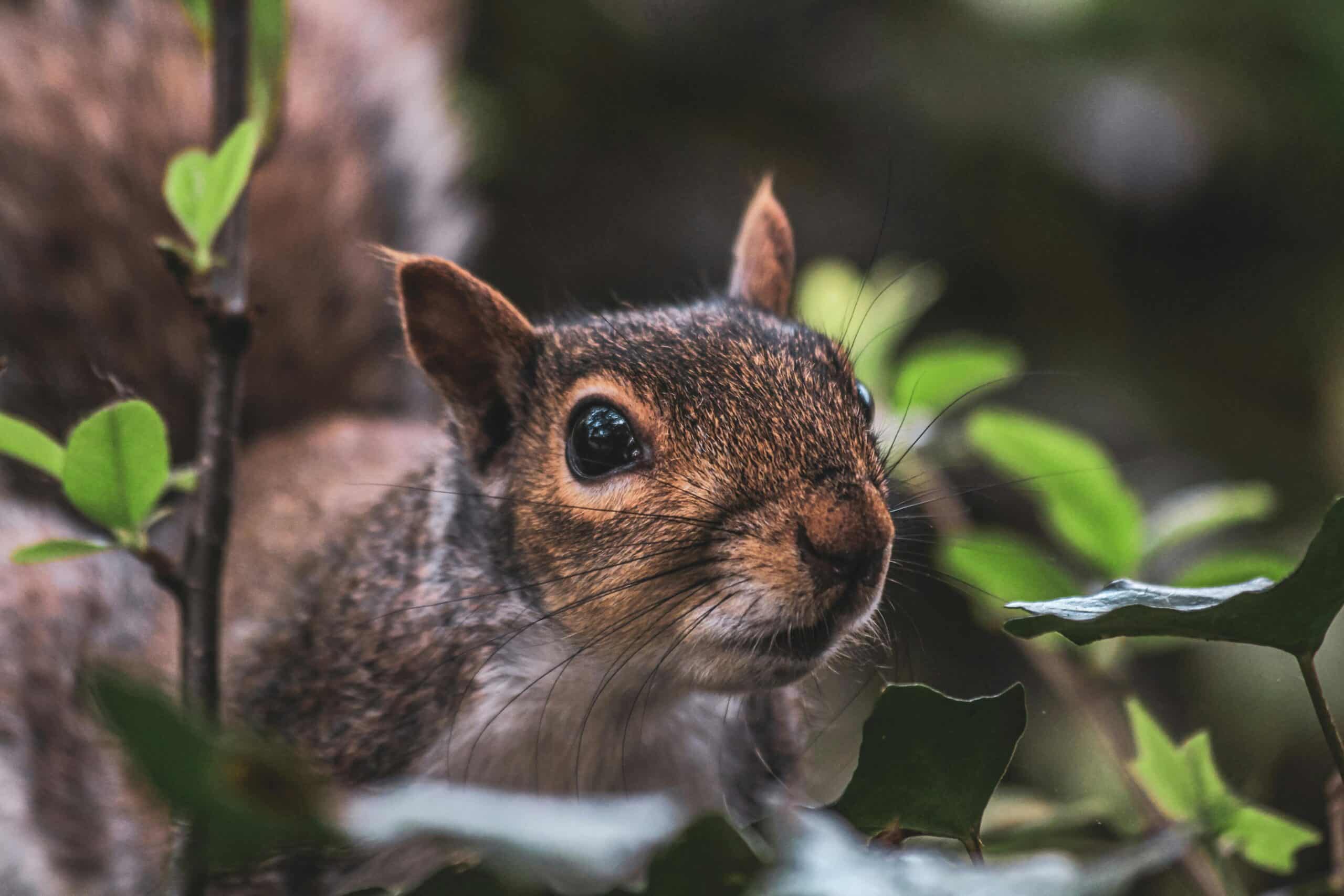Digging Into the Pandemic Gardening Boom
Quarantine seeded a home-gardening revival. Here's how to keep it growing well past lockdown.
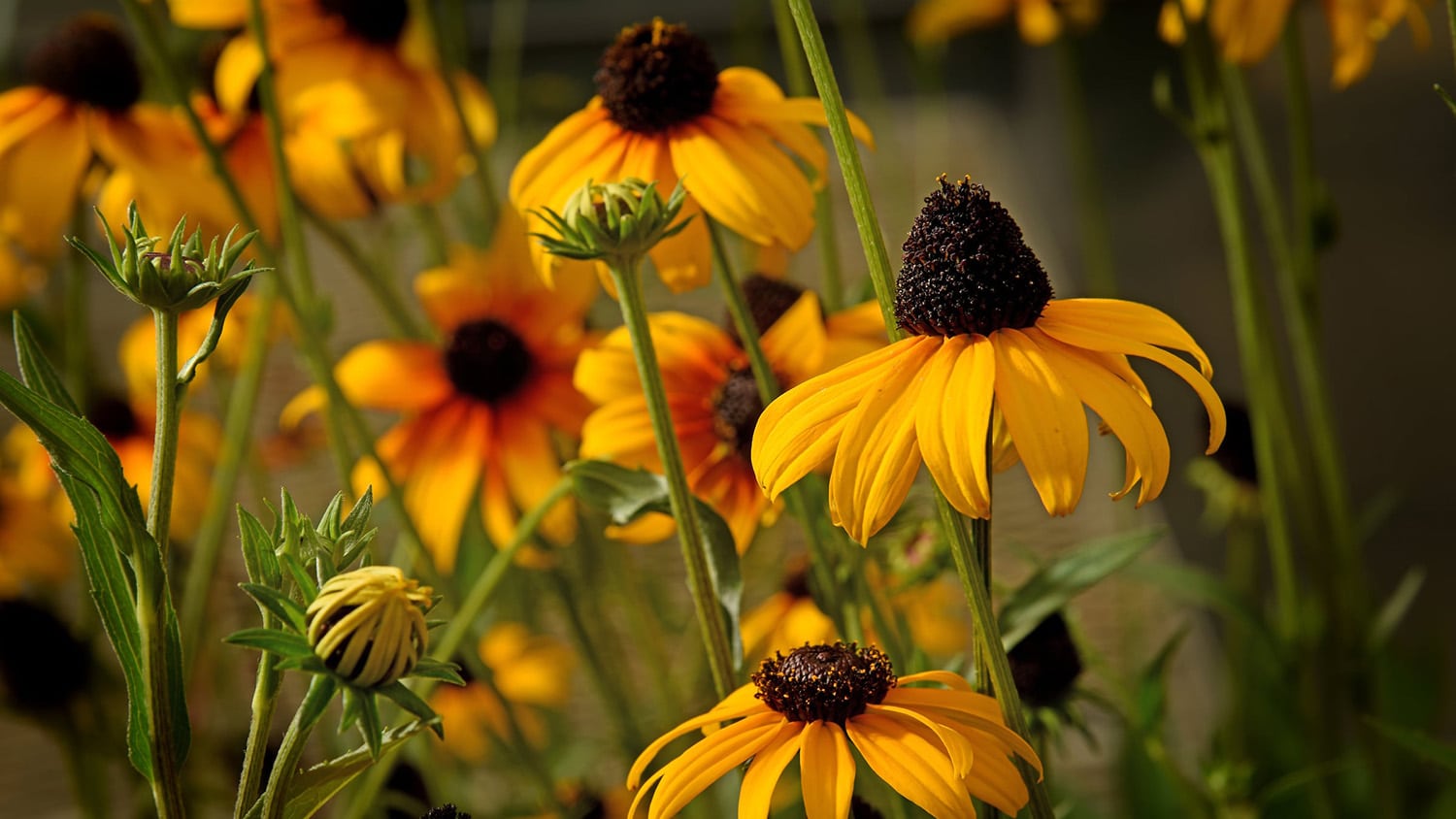
During the pandemic, New interests and old hobbies helped distract from lockdown boredom and the news cycle. We tried, we learned, we bragged, we quit, we tried something else.
Many popular quarantine ventures had a distinctly analog flavor. (Remember baking sourdough bread and cross-stitching curse words?) But when it came to using our hands to get a handle on our thoughts and emotions, the people’s choice was plants.
Home gardens sprouted up everywhere during quarantine, and they’re still having their moment in the sun. A quick scroll through social media reveals thousands of houseplant influencers sharing tips on misting, propagating and repotting. Pictures of plants on the coffee table replaced selfies with friends at the coffee shop.
With a world-class arboretum, thriving horticulture program, broad extension outreach and countless learning resources, NC State covers a lot of gardening ground. If you’re ready to start your first garden or take better care of the one you have, look no further.
Our experts in horticulture and hobby gardening are here to help you and your chlorophyll crew flourish well past lockdown.
Indoors and Out, Home Gardens Flourish
What’s with the fronded fascination? Gardening took root during the pandemic for a lot of reasons.
With more time at home, people looked to their yards as extensions of their houses and safer places to gather. Plants are beautiful; lots of them smell and taste fantastic. In times of stress and uncertainty, tending the growth of something can feel productive.
And gardening is accessible. There’s no need for sprawling yards or expensive equipment; a thriving plant family can grow in raised beds, vertical pallets or terra-cotta pots.
It’s also highly individual and customizable: Perennial borders, hanging pothos collections, patio vegetable gardens, kitchen-window experiments — anything that gets dirt under the fingernails counts.
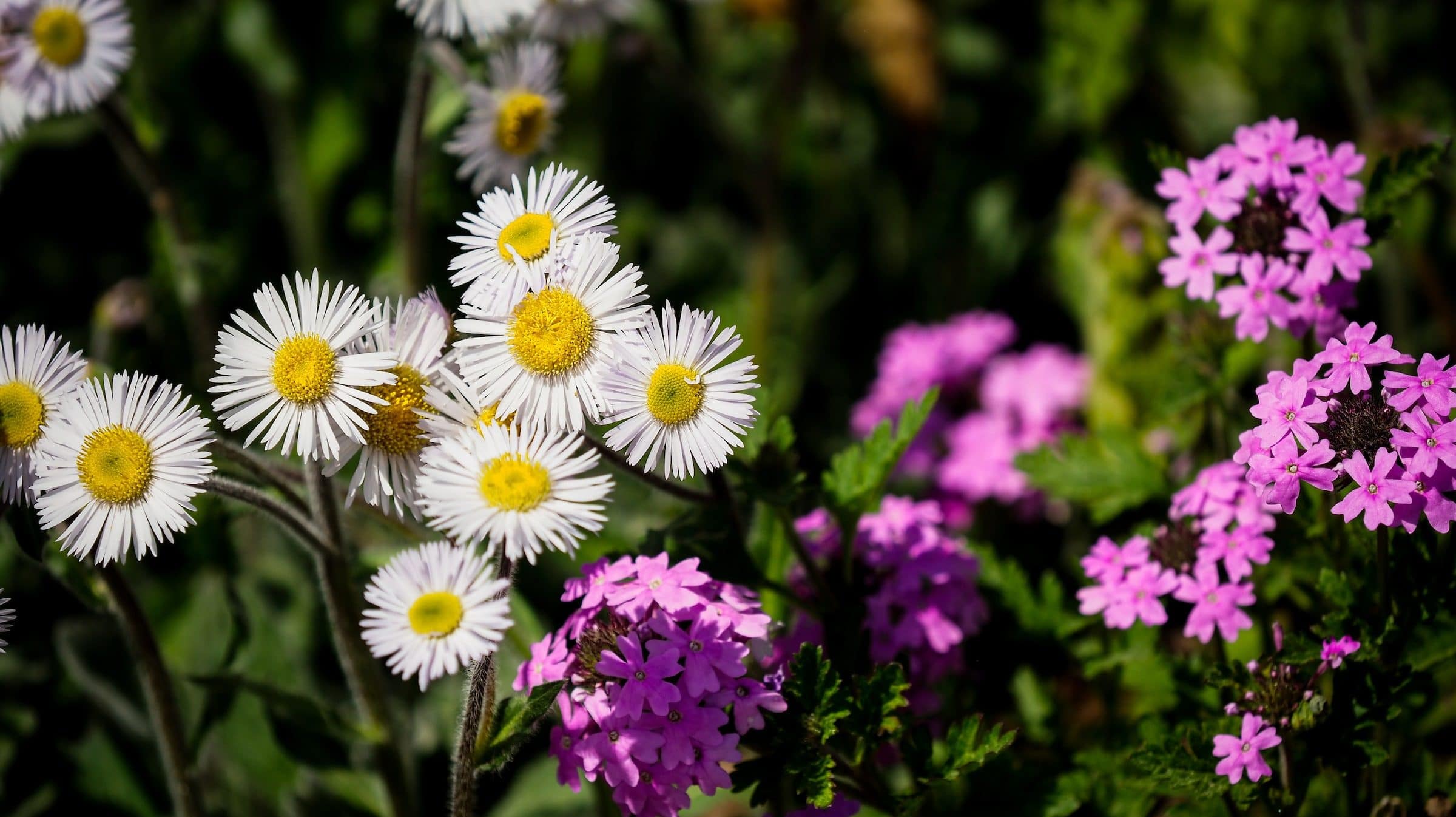
From Solitary Succulents to Personal Jungles
Though the “plant parent” trend took root years ago, houseplants surged in popularity during quarantine.
Endless days at home led many to redecorate and rearrange their surroundings, and unlike a lot of decor, plants grow and change, offering something to keep track of when Tuesdays are indistinguishable from Saturdays. They may also improve air quality and boost mood — a low-stakes way to add vibrancy during a dark time.
If you’re looking to start your own indoor garden, or just need some help with your potted pals, NC State experts offer advice in the posts below.
Homegrown Know-How
A major part of NC State’s land-grant mission is putting research in the hands of people across the state. One example? Homegrown, a one-stop info shop from NC State Extension, with useful information for novice container gardeners to seasoned farm hands, plus recipes and food-safety tips for all that produce you’re growing.
Justin Moore, director of marketing and communications for NC State Extension, says the Homegrown program — and Extension overall — expanded significantly during the pandemic to serve as a timely resource for North Carolinians during uncertain times.
“Particularly in the early going when communities across the country — and the globe, for that matter — were going into lockdown, people were isolated, frightened and looking for an escape,” Moore says. ” What better way to take your mind off a public health emergency than to grow something bright and beautiful?”
What better way to take your mind off a public health emergency than to grow something bright and beautiful?
With helpful tips from local experts, Homegrown offers a friendly voice on relatable — and comforting — subjects, like growing back-porch veggies and enjoying your harvest, however small.
“The pandemic has been unlike anything most folks have experienced,” says Moore. “We were able to help our neighbors reclaim some sense of normalcy and control during an otherwise chaotic situation, which can be empowering. It’s like reminding yourself, ‘I’ve got this, it’s going to be OK.'”
Urban Gardening With an Expert
Lucy Bradley is director of NC State Extension’s Urban Horticulture program, which includes consumer horticulture, community gardening, therapeutic horticulture and the Extension Master Gardener Volunteer program.
Bradley notes a number of factors that led to gardening’s increased popularity during the pandemic.
“First, people had more time at home. And with the initial supply chain challenges, they became interested in growing food,” says Bradley. “In fact, many seed companies ran out of seeds during the pandemic.”
Bradley also points out that money usually spent on travel was redirected to home improvement, which includes landscaping and beautification.
Her top tips for new gardeners are simple. “Start small. A vibrant, thriving small garden is fun and manageable,” says Bradley. “Then, expand gradually.”
Start small. A vibrant, thriving small garden is fun and manageable.
Due to a variety of growing needs, Bradley recommends following a regional planting calendar to get the timing right within a particular climate. “Some plants do better in the spring and fall, others thrive in the long days of summer,” she explains. Planting calendars are available for Eastern, Central, and Western regions of North Carolina.
Bradley also has advice for warding off a common home-gardener frustration: “I hear the most questions about tomatoes,” she says. “It’s difficult to grow tomatoes in North Carolina. They’re susceptible to a plethora of diseases. If you want to grow tomatoes, plant cherry tomatoes. They’re much more resilient.”
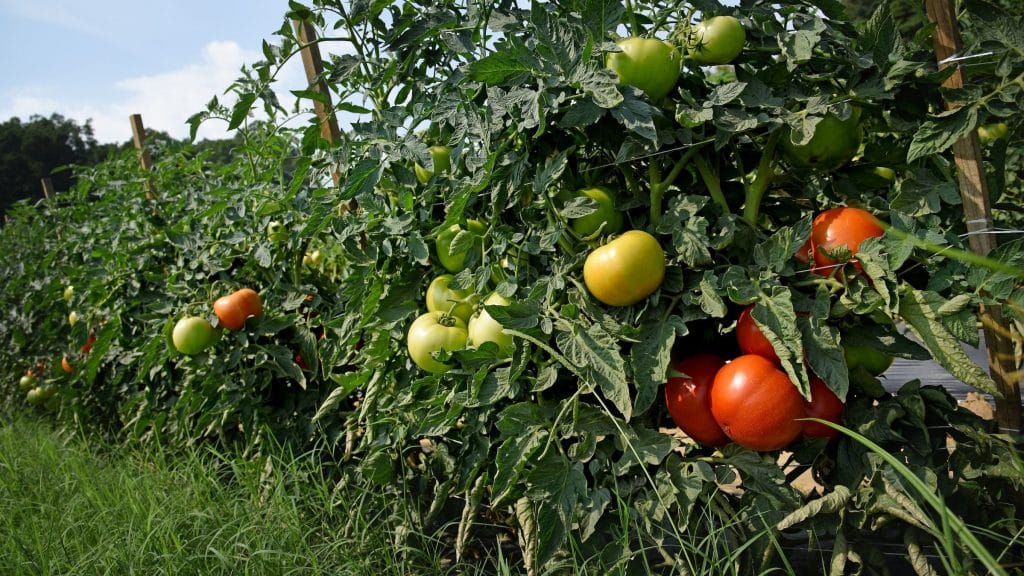
What’s the best way to learn more about gardening? “There are multiple helpful strategies,” says Bradley. She suggests taking a class at your local Cooperative Extension Center or connecting with mentors at your neighborhood community garden. Also helpful? The Extension Gardener Handbook and the vegetable gardening portal on the NC State Extension site.
A Botanical Wonderland Next Door
If there’s one place that knows plants, it’s the JC Raulston Arboretum. This nationally acclaimed 10-acre marvel features 13 major gardens, with more than 6,000 taxa of plants from 50 countries. The arboretum acts as a living laboratory; plants are collected and evaluated to find superior species for use in southern landscapes.
We spoke to arboretum director Mark Weathington about the gardening boom of 2020.
He cites gardening’s popularity as an antidote to cabin fever. “We were stuck at home for an extended period, and just being outside was a way to get out of the house,” he said.
Frequent walks also had people peeking in their neighbors’ yards and dreaming up plans.
“I think a lot of folks spent time gardening and chatting with neighbors and dog walkers, from a safe distance of course,” said Weathington. “I know I did.”
His top tips for home gardeners? “Your garden should make you happy and isn’t for anyone else. Enjoy what you do and don’t worry about the so-called rules.” The wisest garden investment, he says, is amending the soil with good organic matter.
Your garden should make you happy and isn’t for anyone else.
For new gardeners in particular, Weathington stresses that plants dying is just a part of gardening; the only failure is giving up. “After all,” he said, “gardening is the slowest of the performing arts, and death is just a piece of the whole ongoing process.”
The arboretum’s popular annual spring plant sale saw increased traction in 2020, too. “There was so much excitement and interest in hard-to-find plants this year,” said Weathington. “The nurseries around the state have been reporting the same thing. It’s been a record-breaking year for many of them.”
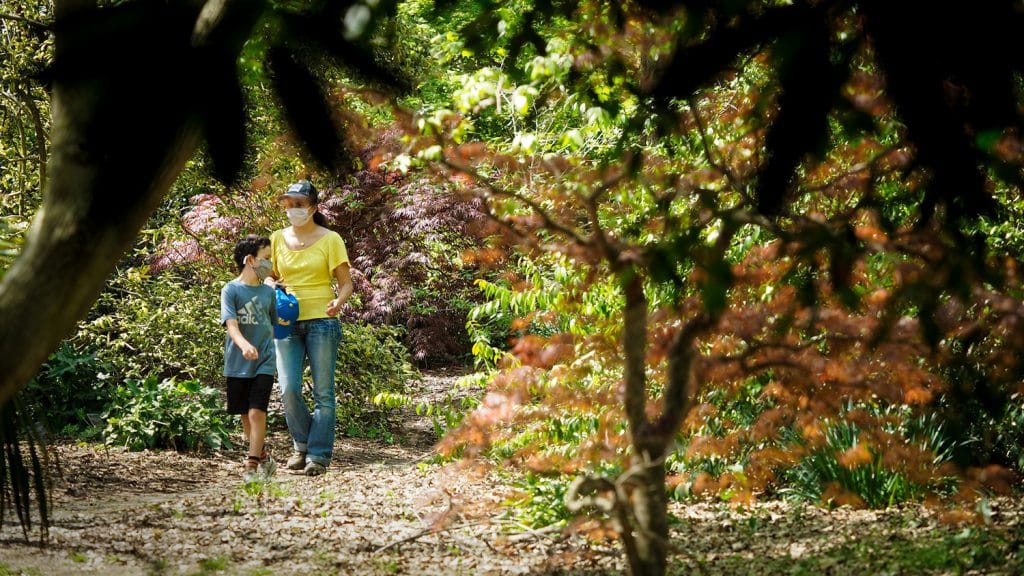
To learn more about gardening, Weathington suggests joining one of the arboretum’s many educational programs, such as Gardening in the South, which is geared toward new gardeners in North Carolina, or Gardening Basics with Bryce Lane. The arboretum also has a robust and varied YouTube channel.
In the end, says Weathington, “It’s often just a matter of getting your hands dirty and experimenting.”
